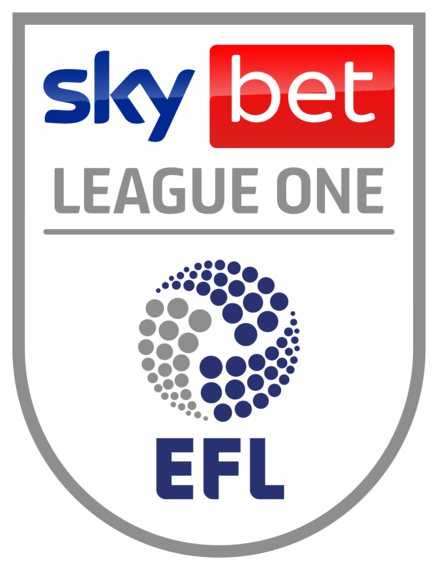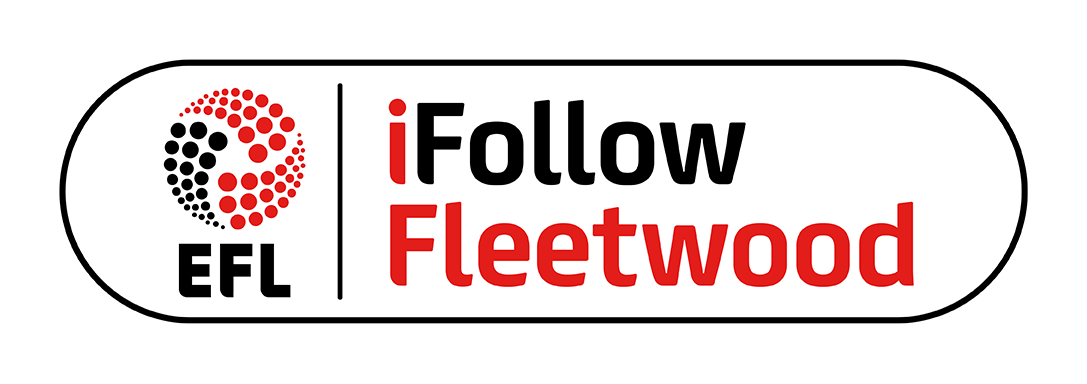Chief Executive recaps on a hectic January for the club
The January transfer window has now closed, one which took on greater importance than usual, with the removal of the emergency loan system requiring precision planning for the rest of the season ahead.
The professional game is becoming very ‘flat’ with all games and individual clips accessible on scouting platforms at the click of a mouse, performance monitoring systems detailing every move a player makes, and with all clubs having the in depth knowledge of each other’s systems and formations. It’s therefore essential to continue to eek out advances in all areas to keep our competitive edge, balancing the need for building a longer term philosophy, identifiable culture and strategy with the need to deliver match by match results in a high performance environment.
Not only is it long term identification of targets, fitting the clubs playing style and philosophy, but also being to react quickly, spinning many plates, and foreseeing player moves three steps ahead, as well as growing the key networks and trust across the whole game.
Having a Technical Director at the club, which I feel within another decade will be commonplace in England, as of course it is across the rest of the world, really comes into its own during such periods.
His work alongside the Head of Recruitment, with the input from the Head Coach and Chairman ensures clarity and a clean process in dealing with agents, players, and other clubs, at what can be a very frustrating, all consuming, and high pressure time of the year.
Mistakes here can cost clubs promotion or relegation and huge sums on players that don’t work out with lengthy contracts to honour. To expect a manager or Head Coach to focus on delivering in this area is impossible in the modern game, where vast swathes of time are taken up analysing performances and opposition, preparing for matches and training sessions, as well as monitoring the sports science player evaluation, player physical development needs, alongside work on the grass and match days themselves.
Additionally, from the clubs point of view, often a longer term view should also be a consideration and thus a balanced judgement of both the short and longer term here is essential as well as of course financial considerations so not to jeopardise the future.
The frenetic week commencing 16 January puts the above into context. At the start of the week we were still working on bringing in a midfielder and a forward as well as working our getting players out.
Having to react quickly and with so many different individuals and a landscape changing by the hour was crucial. Working with rumours, half-facts and differing agendas takes some working through.
At the start of the week none of us would have expected to have everything delivered and all players eligible by Friday 12 noon.
It started to take shape on Monday afternoon when, having decided that we should try and make Markus Schwabl happen, negotiations with Oldham also continued on Aaron Amadi-Holloway.
The latter was made so much more difficult by Oldham’s previous embargo situation, and their chairman being in the USA, with a six hour time difference.
Markus was also in Alicante with VfR Aalen. An offer was sent to Aalen, which was eventually accepted, and a deal was on the table with his agent which needed more work Tuesday, notwithstanding the massive Bristol City game to come that evening.Arrangements were frantically made to get Markus from his training camp Alicante, his agent from Zurich, and his Dad from Munich by the end of Tuesday.
Flights booked, accommodation sorted, and a driver picking up all three from the airport, who arrived at Highbury right on kick off. Also on Tuesday we eventually had the green light from Bristol on long term target Wes Burns, again offers were on the table, negotiations on the deal with Bristol continued before, during and after the game against them!
While Gretar was dealing with Bristol City, I was working after the game with Markus and his representatives.We were back in at 08.00am Wednesday to continue the negotiations with Markus. Medical passed, Aalen transfer agreed, and paperwork (more than 400 pages of documents!) all being put together by Steve Edwards and Luis de Oleza, and eventually signed by 5.00pm.
Now only Aalen’s paperwork and clearance from FIFA was needed. While this was ongoing the Wes Burns deal was hotting up, and Wes was on his way to Poolfoot with his agent around teatime.Gretar wrapped everything up with Wes, his agent and Bristol City, and a medical was arranged for Thursday AM. I also continued to work with Oldham and Aaron Amadi-Holloway’s agent to find the solution for all parties, as we were still far from getting this over the line.
Thursday arrived, and Wes passed his medical, and the paperwork commenced. The Holloway deal had hit a snag, and I continued to work with Oldham and his agent to get this all agreed, by 10.00pm we had a deal agreed which worked for everyone, it would now be a race to get this all concluded in the morning.
Friday morning was the busiest morning of them all with two players needing registering by 12 noon with all paperwork, and one to go out. The office was a hive of activity, with four of us dealing with around 25 people, players, other clubs decision makers, agents, lawyers, the FA, the German FA, the EFL, as well as our internal functions such as finance, and football staff. Contracts went back and forward being tidied up, Aalen were being assisted by the German FA and Markus’ agent to complete their paperwork, players we grabbed off the training pitch to sign final bits of paperwork, and incredibly by 11.00am we had all paperwork submitted.
Payments were then lodged with the EFL. Finally 7.30pm we had confirmation that all players were registered, international clearance delivered and an exciting and desperately busy week which started with little on Monday morning had ended so very differently!
Markus Schwabl also highlights that other market places are important too, with selling clubs in the same league able to take immediate advantage of transfer windfalls to hoover-up the very much obvious talent under everyone’s noses. Having designated scouts and contacts working for the club or around all areas of the UK, the Non-League scene and also across Europe helps identify from a wider and more adventurous ‘pot'. Office based technical scouting can also be as equally important as empirical assessments with the need to monitor all the media, utilise scouting software and other on line resources available, keeping abreast of the moving feast, and continually filtering information in order to prioritise.
Investment in back room staff also can’t be underestimated, where keeping players on the pitch and able to deliver game after game over busy periods can make the difference. Developing young pros into physical athletes also takes time, detailed work and planning can be the difference between making a player 'good enough' or ‘exceptional', and able to adapt to football higher up the pyramid in years to come. I really do believe that our investment in the staffing infrastructure, their personal development and our processes and philosophy both short, medium and long term will be the key to sustained development and success.
The training ground itself is now coming into its own and is probably the single most important aspect of being able to deliver upon all of the above, and is a key selling point and often a deciding factor in a player’s decision to join the club. Having two full size artificial pitches, high quality grass pitches in abundance, enabling all teams within the club and providing for a new academy to flourish has been so important, along with a high performance gym space, dining areas, analysis rooms and office and meeting spaces. However, as with all new facilities, they can look stunning, present a fantastic first impression, and provide those oh so important tools but it is the organisation, operational use and importantly a ‘soul' within them which defines and creates their success.
I have seen some comments of late concerning our fan base, those comments attempting to correlate supporter numbers as to whether a football club should be deserving of success on the pitch. We are proud of our supporters, many who have been with us a for a long journey, and we work very hard at growing those numbers, however that desire to prove the doubters wrong, that clubs from very small towns can outperform the perceived ‘bigger clubs’ with a modern and cohesive approach , gives us that extra incentive to deliver.
The football club is in a very good place at present position, certainly position wise in Sky Bet League One, and have enjoyed a good January window, but it is the long term strategy that will truly define the success of the short and medium term measures which are implemented. Winning and losing games is temporary, it is the exciting part and the most visible part of any football club, but alongside this the club continues to be run with our head and hearts at the same time!
Cod Army!


